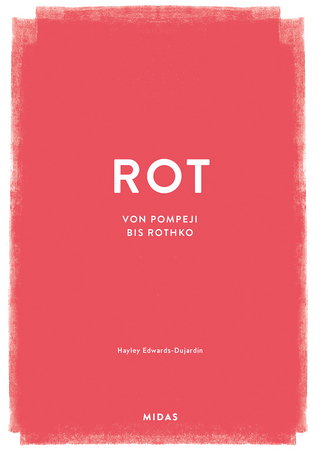
Designing for Interdependence
A Poetics of Relating
Seiten
2022
Bloomsbury Visual Arts (Verlag)
978-1-350-33738-1 (ISBN)
Bloomsbury Visual Arts (Verlag)
978-1-350-33738-1 (ISBN)
- Titel z.Zt. nicht lieferbar
- Portofrei ab CHF 40
- Auch auf Rechnung
- Artikel merken
Challenging the dominant design paradigm that centres humanity in its practice, Designing for Interdependence puts forward an ecocentric mode of designing that privileges a harmonious relationship between all life forms that share our planet. This book is about the practice of designing and design’s capacity to relate (or not) to beings of all kinds, human and others, in ways that are life-affirming.
Sensitive to power differentials and the responsibility that this entails, Martín Ávila develops the notion of alter-natives, a concept that exposes the alterity of artificial things and the potential of these things to participate in the sustainment of natural environments. He proposes a design practice that encompasses humans, artificial things and other-than-human species in a 'poetics of relating', and provides methods that support the rewilding necessary for maintaining cultural and biological diversity and the stabilization of planetary dynamics. The book features real-life project case studies that illustrate some of the political-ecological implications of an ecocentric paradigm, which can help us to imagine alternative modes of relating to local environments and alternative modes of inter-species cohabitation.
Avoiding dualistic thinking and the dichotomies harmful-benefit, construction-destruction, natural-artificial and life-death, Ávila pursues the work of caring for how our mattering through design can become constructive in creating more-than-human ecologies.
Sensitive to power differentials and the responsibility that this entails, Martín Ávila develops the notion of alter-natives, a concept that exposes the alterity of artificial things and the potential of these things to participate in the sustainment of natural environments. He proposes a design practice that encompasses humans, artificial things and other-than-human species in a 'poetics of relating', and provides methods that support the rewilding necessary for maintaining cultural and biological diversity and the stabilization of planetary dynamics. The book features real-life project case studies that illustrate some of the political-ecological implications of an ecocentric paradigm, which can help us to imagine alternative modes of relating to local environments and alternative modes of inter-species cohabitation.
Avoiding dualistic thinking and the dichotomies harmful-benefit, construction-destruction, natural-artificial and life-death, Ávila pursues the work of caring for how our mattering through design can become constructive in creating more-than-human ecologies.
Martín Ávila is a designer, researcher, and Professor of Design at Konstfack University of Arts, Crafts and Design in Stockholm, Sweden. Martín’s postdoctoral project Symbiotic Tactics (2013-2016) was the first of its kind to be financed by the Swedish Research Council. His research is design-driven and addresses forms of interspecies cohabitation.
List of Figures
Foreword, Andreas Weber (Bard College Berlin, Germany)
Acknowledgements
Introduction: Bio-centric?
1. Poetics of Relating
2. Responding
3. Alter-natives
4. (De)signing Alter-natives
As a Mode of Closing: Encounters
Bibliography
Index
| Erscheinungsdatum | 21.10.2022 |
|---|---|
| Reihe/Serie | Designing in Dark Times |
| Zusatzinfo | 41 bw illus |
| Verlagsort | London |
| Sprache | englisch |
| Maße | 129 x 198 mm |
| Themenwelt | Kunst / Musik / Theater ► Kunstgeschichte / Kunststile |
| Technik ► Architektur | |
| ISBN-10 | 1-350-33738-2 / 1350337382 |
| ISBN-13 | 978-1-350-33738-1 / 9781350337381 |
| Zustand | Neuware |
| Informationen gemäß Produktsicherheitsverordnung (GPSR) | |
| Haben Sie eine Frage zum Produkt? |
Mehr entdecken
aus dem Bereich
aus dem Bereich


